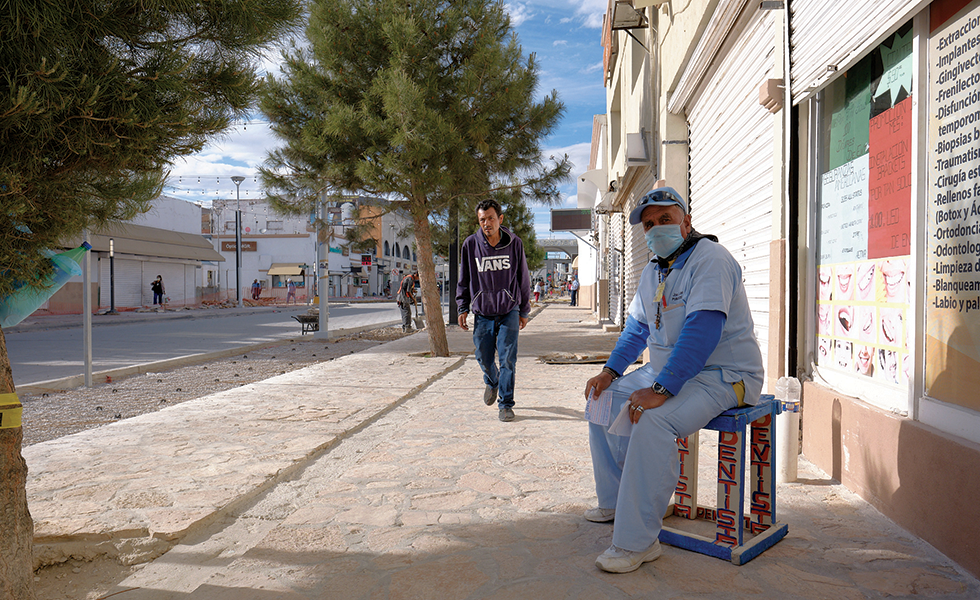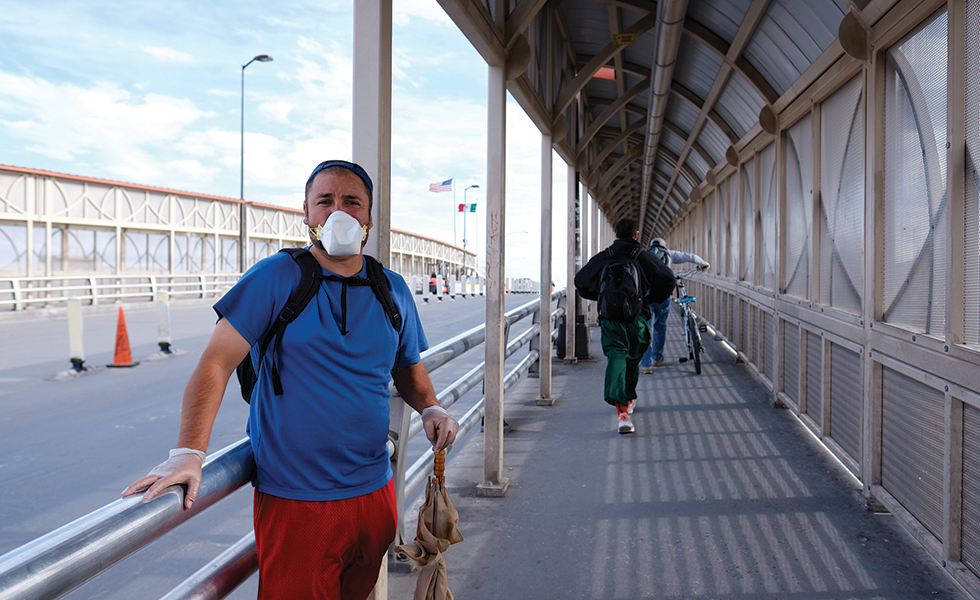On Saturday, March 21, the United States and Mexico partially closed their border in an attempt to mitigate the spread of COVID-19. In El Paso and Ciudad Juárez, where life is defined by transnational movement, the decision completely altered the social and economic landscape.

Although the closure does not ban American citizens and permanent residents from crossing, the usual heavy flow has diminished to a trickle.

Many would-be crossers are staying home in compliance with social distancing recommendations. Many others are scared that the Trump administration could completely close the border without notice, leaving them stranded on the other side.
Read more from the Observer:
-
The Disappeared: Genetic genealogy is helping to crack cold cases and identify victims left nameless for decades. The process is surprisingly effective—and controversial.
-
Will Grocery Workers Still Be ‘Heroes’ When COVID-19 Subsides?: In Texas, grocery employees labor for low wages and few benefits. Now they’re part of a nationwide struggle in which workers are fighting for their lives.
-
Demand for Plasma Therapy for the Sickest COVID-19 Patients Far Outpaces Donations: Texas blood banks and the Red Cross are actively recruiting donors but remain thwarted by a lack of antibody tests.







